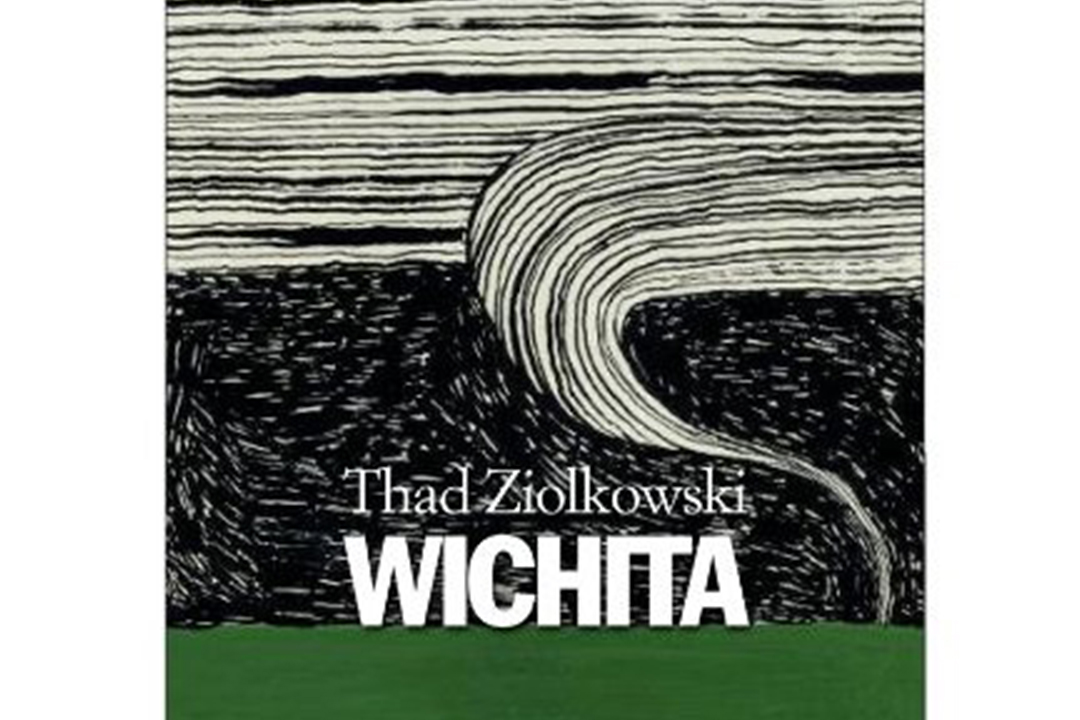Riding the waves off Melbourne Beach, Fla., alumnus Thad Ziolkowski, BA ’83, dreamed of becoming a professional surfer. Then his family moved to landlocked Kansas. Ziolkowski traded the surfboard for a pen, spent his free time corresponding with his best friend back in Florida, and realized he was destined to be a writer. He was 16.
Ziolkowski’s stay in Wichita lasted just over a year, but it was long enough to make an impression. Kansas formed the backdrop for his recently published first novel, Wichita, which The New York Times called “charming, smart, and devastating”.
It was poetry as much as prose that Ziolkowski, son of GW Professor Emeritus of Classics John E. Ziolkowski, focused on when he began taking classes in the Department of English in 1979.“Poetry was something I wrote regularly but somewhat catch-as-catch-can, in the interstices of living my life,” he explained. “My professors in Columbian College really helped me on my path to becoming an author.”
He singled out several professors, among them Judith Plotz, James Maddox, Jon Quitslund, and Gail Paster from the Department of English, and Paul Churchill, Jonathan Moreno, and Roderick French from the Department of Philosophy. But it was Professor of English David McAleavey who became his mentor, helping him shape his approach to writing. They developed a friendship that has lasted.
“David is a tremendous poet and an enormously charismatic and trenchant, yet also gentle and encouraging, teacher. I took every course of his I could,” Ziolkowski said.
After leaving GW, Ziolkowski earned a PhD in English Literature from Yale University and published a collection of poems, Our Son the Arson, and a memoir, On a Wave. His essays and reviews have appeared in The New York Times, Slate, Bookforum, Artforum, Travel & Leisure, and Index. In 2008, he was awarded a John Simon Guggenheim Memorial Foundation Fellowship for fiction, a grant that proved key to the eventual success of Wichita.
“Writing narrative prose, unlike poetry, required that I set aside large blocks of time every day and then sustain my commitment to the book for years on end,” said Ziolkowski. “Receiving the Guggenheim gave me the momentum to complete the book and a crucial boost in confidence, a sense that someone other than me believed in the work I was doing in relative isolation and anonymity.”
The Guggenheim allowed Ziolkowski to take a six-month leave of absence from the Pratt Institute in New York, where he is a professor and director of the Writing Program. He returned to Kansas for research and for the final writing of Wichita, a coming-of-age novel about family and storm chasing. Ziolkowski’s abiding fascination with tornadoes has an important role in the story.
“I’ve always found tornadoes beautiful and, pre-Internet era, collected videos that compiled amateur footage of them,” said Ziolkowski. “The image of people actively pursuing tornadoes struck me at some point as one that would be resonant in the narrative of Wichita.”
Ziolkowski is now back at Pratt, where he offers an important lesson to his students: Trust your instincts.
“I hope to inspire in my students a commitment to be devoted readers and clear-eyed, well-rounded, and self-critical writers,” he said.
He’s also engaged in several new projects, including a collection of short stories and a novel whose protagonist is a middle-aged surfer looking back over his life—a life Ziolkowski himself might have lived had he run away to Hawaii at age 15 rather than moving with his family to Wichita. For Ziolkowski, it’s a life that can still be lived vicariously through his prose.


